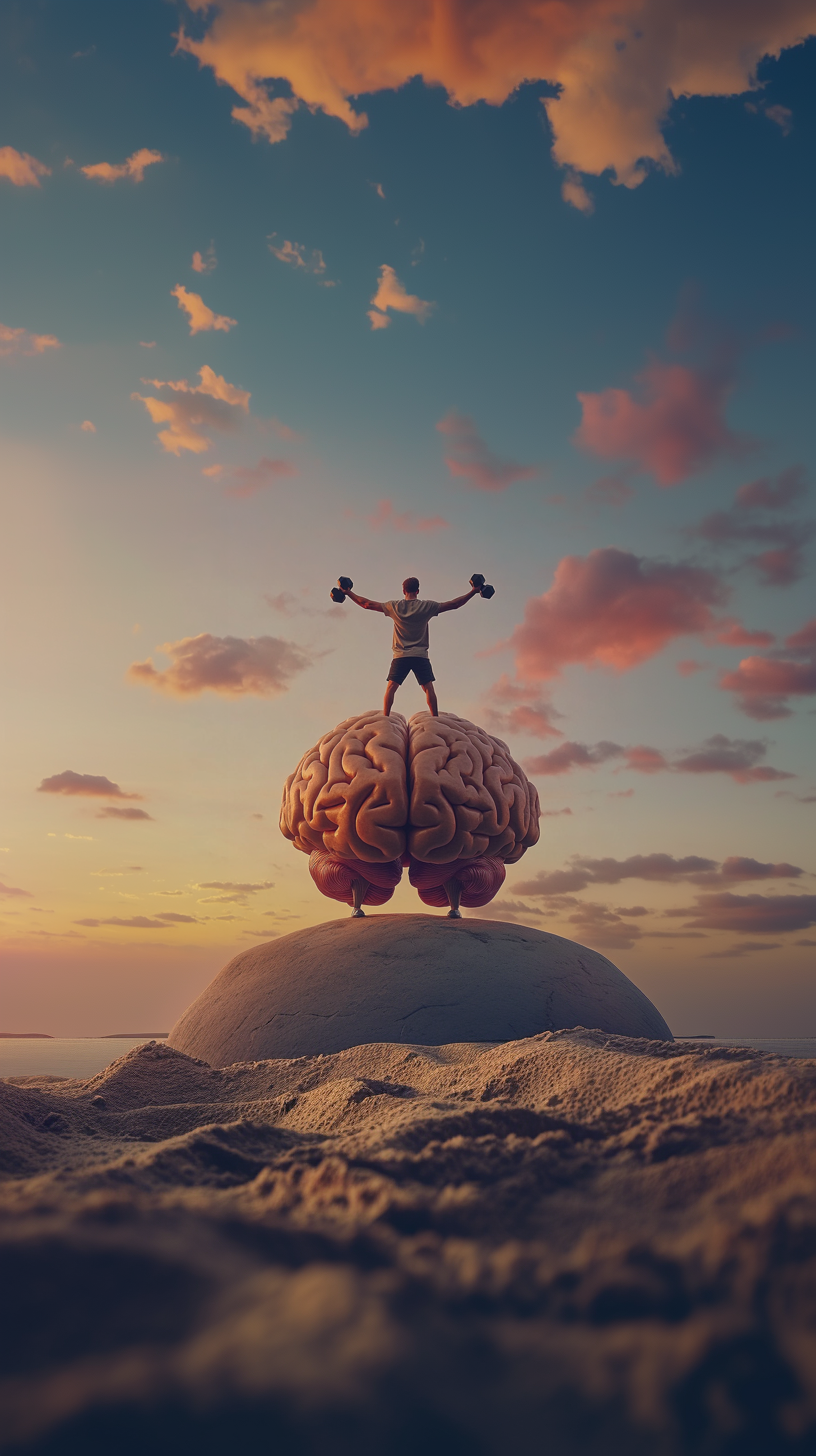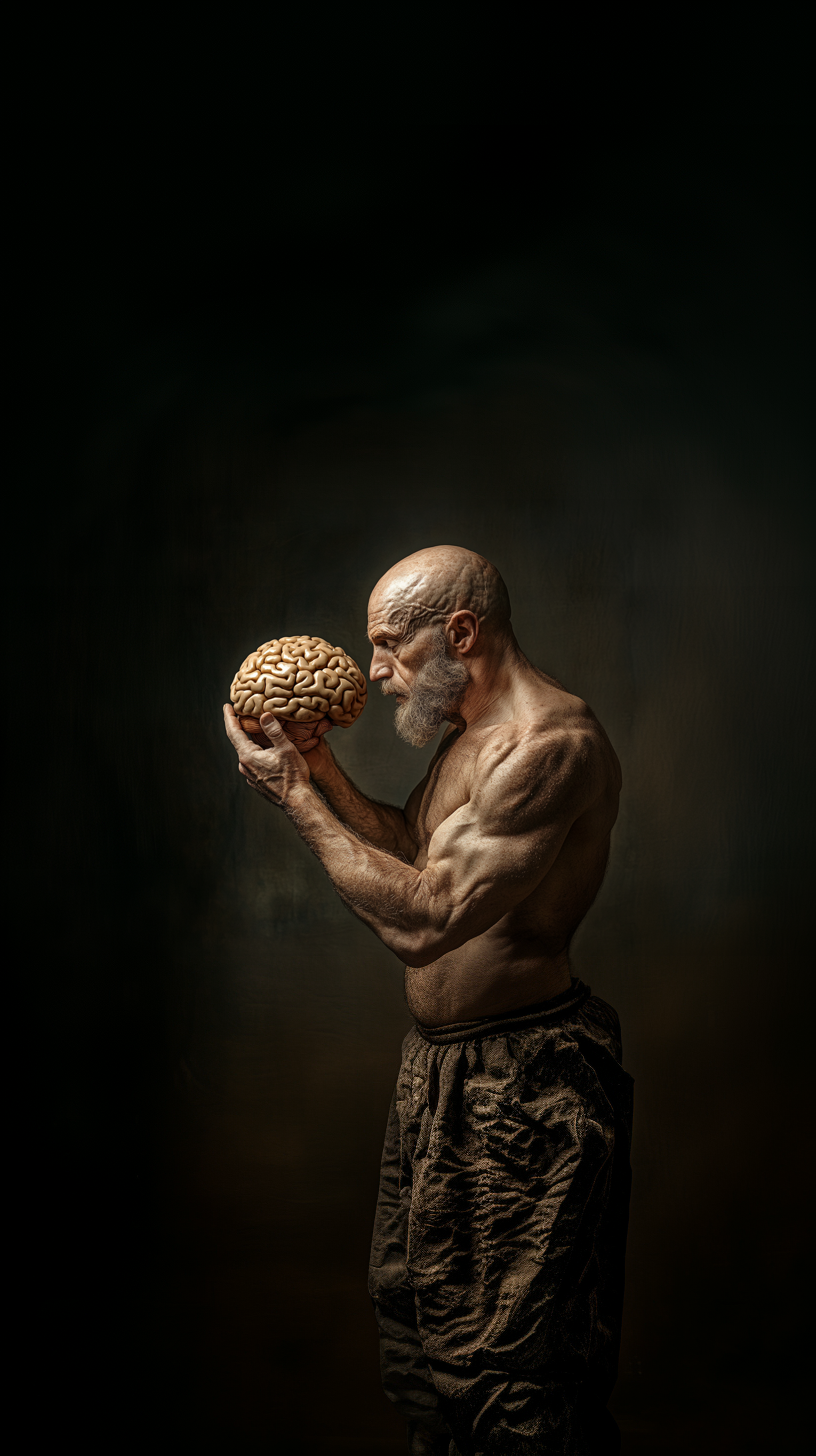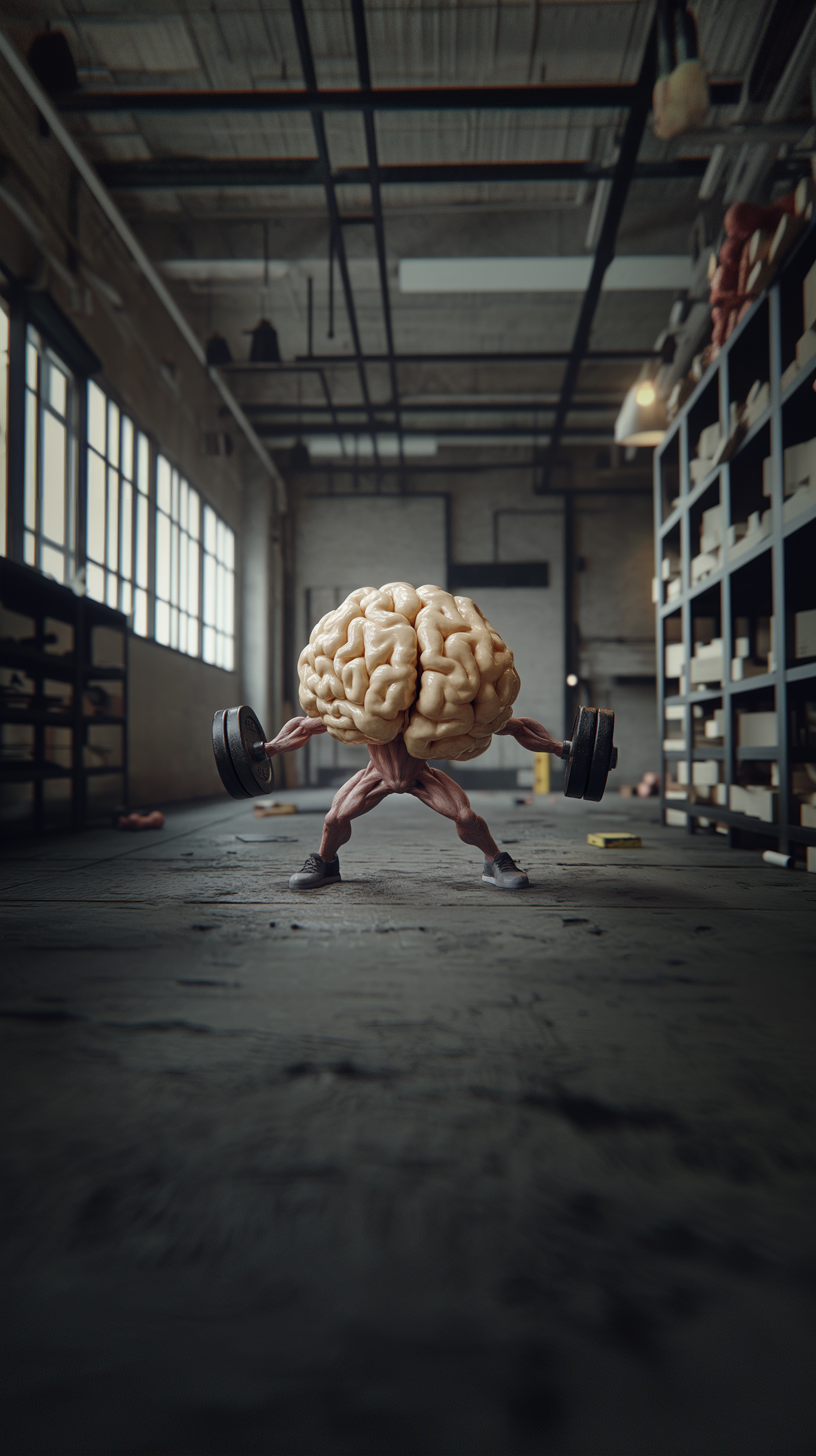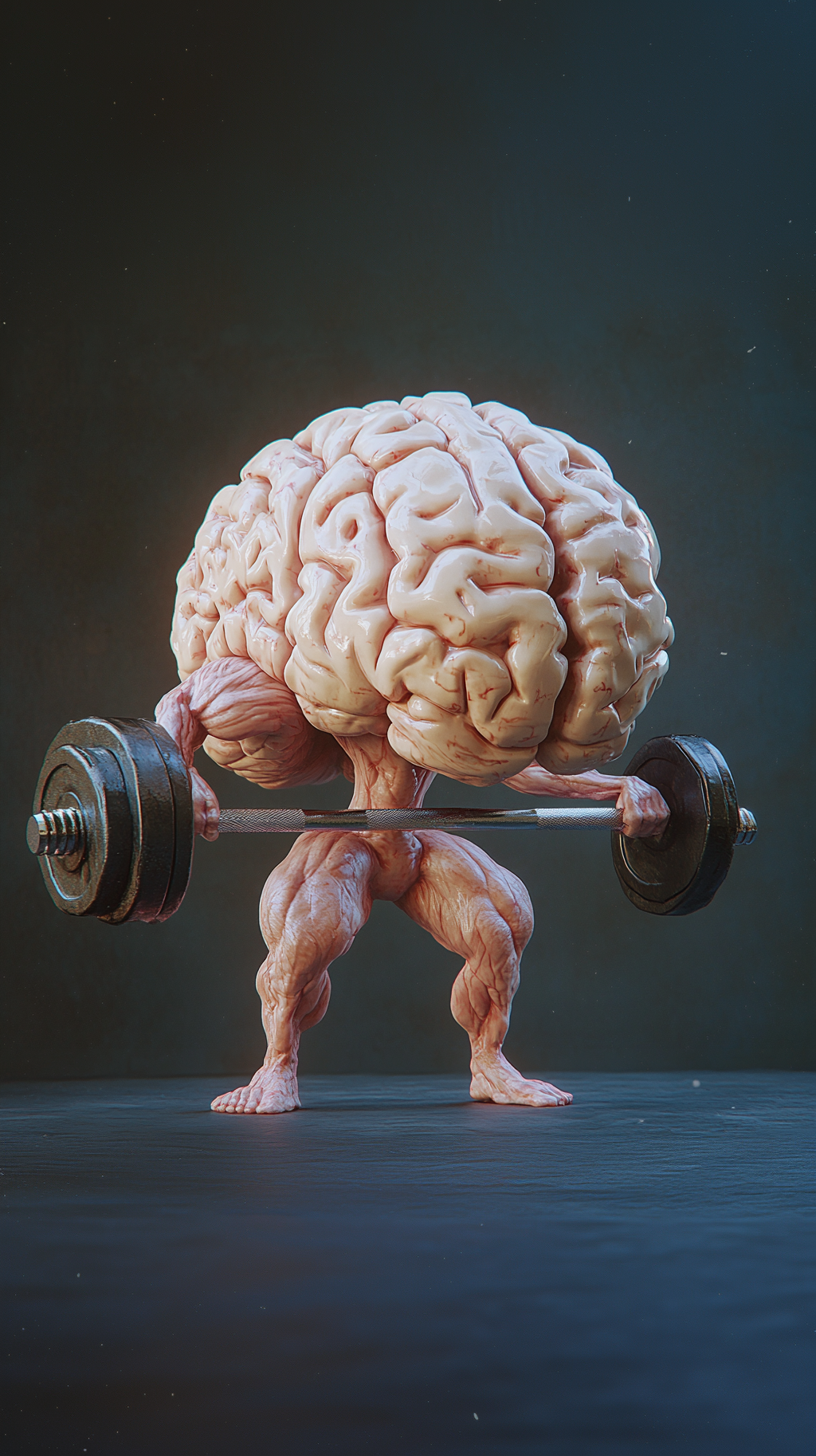Mission Jacked.com
Sarcopenia: The Surprising Link Between
Muscle Loss and
Brain Health
Description:
Sarcopenia - Discover the surprising connection between muscle loss and brain health in our latest article, "The Surprising Link Between Muscle Loss and Brain Health (2024)."
As we age, we often overlook the impact that physical fitness has on cognitive function.
In this informative article, we delve into the science behind muscle deterioration and its unexpected effects on brain health.
Here’s a Sarcopenia stat that’ll make you sit up straight: Over 60% of people are unaware that losing muscle mass isn’t just about weakening your body—it also affects your brain health.
That’s right—your biceps and your brain are more connected than you might think!
And Did you know that losing just 10% of your muscle mass can lead to cognitive decline?
Studies show that maintaining muscle strength is key to keeping your brain sharp as you age!
Muscle and Mind:
A Powerful Connection
It’s easy to view muscle loss, or sarcopenia, as just a physical issue, especially as we age.
You might think it’s only about losing strength or struggling to carry groceries.
But the surprising truth is that muscle mass plays a crucial role in keeping your brain sharp. Muscle doesn’t just move you; it supports your cognitive function and mental health.
When muscle starts to shrink, it’s not just your body that suffers—your brain does too.
The Aging Populations' Growing Muscle
(or Lack Thereof)
Problem
As we age, muscle loss becomes more common, and so does its effect on the brain. Sarcopenia is a sneaky villain creeping into the lives of millions, often leading to frailty, mobility issues, and yes, cognitive decline.
Studies show that older adults with reduced muscle mass are at higher risk of developing dementia and other neurodegenerative diseases.
But despite these risks, muscle loss doesn’t always get the attention it deserves. Many people focus on mental exercises like crossword puzzles to boost brain health, but there’s more to the story—strength training is just as important for your noggin as it is for your quads.
The Science Behind Muscle Loss
and Brain Health
Now, let’s dive into the science. Numerous studies have uncovered a direct link between muscle health and cognitive function. One study published in Age and Ageing found that adults with greater muscle mass were significantly less likely to develop dementia over a 10-year period.
Another study revealed that those with lower muscle strength had a higher risk of cognitive impairment.
The connection comes down to blood flow and hormones—when you exercise your muscles, you’re also improving circulation to the brain and releasing growth factors that protect neurons.
In other words, when you lose muscle, you’re not just losing strength—you’re losing protection for your brain. And it’s not just about dementia—muscle loss is also linked to anxiety, depression, and even brain fog.
Strength Training:
The Brain-Boosting Workout

Here’s the good news: muscle loss and its impact on brain health are not inevitable. Strength training is your best defense.
Research shows that regularly engaging in resistance exercises—whether lifting weights, using resistance bands, or even bodyweight exercises—can help maintain muscle mass and improve cognitive function.
In fact, studies suggest that those who incorporate strength training into their routine are better able to maintain memory, focus, and problem-solving skills as they age.
Think of your workout routine as a way to strengthen both body and brain. Just like a balanced diet benefits every part of you, so does physical fitness.
You don’t have to start bench-pressing 200 pounds tomorrow—but even moderate, consistent strength exercises can make a big difference.
The Bottom Line: Your Muscles
Matter for Cognitive Longevity
To sum it all up: sarcopenia is about more than just physical frailty; it’s a threat to your cognitive health, too. By maintaining muscle mass through strength training, you’re not just protecting your body—you’re giving your brain the support it needs to stay sharp for the long haul.
So, the next time you think about brain health, remember: keeping your muscles strong is one of the best ways to keep your mind strong, too.
Articles:
Mission Jacked L.L.C
Address: 9407 NE Vancouver Mall Dr
STE 104 #1269
Vancouver, WA 98662 USA
Email: mission@missionjacked.com



